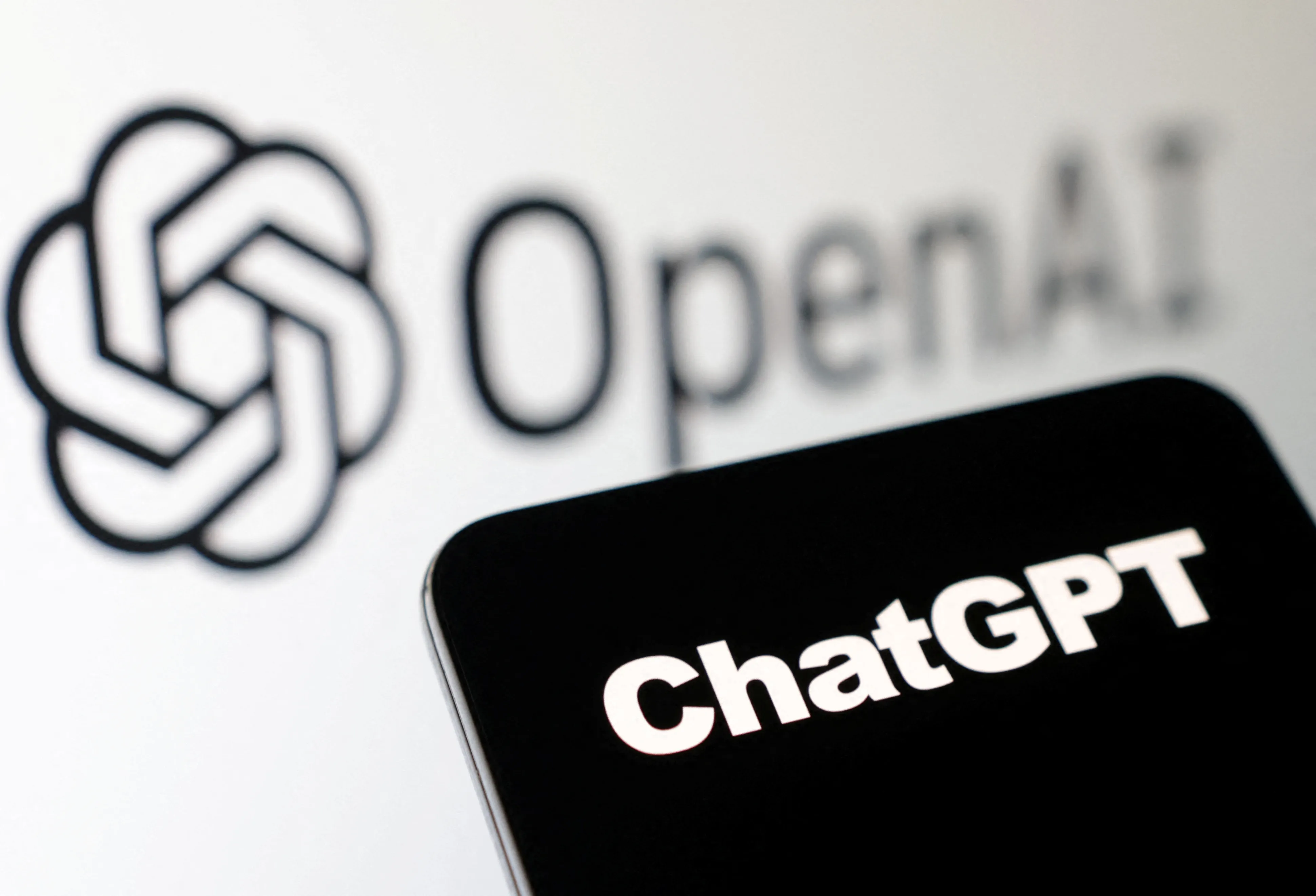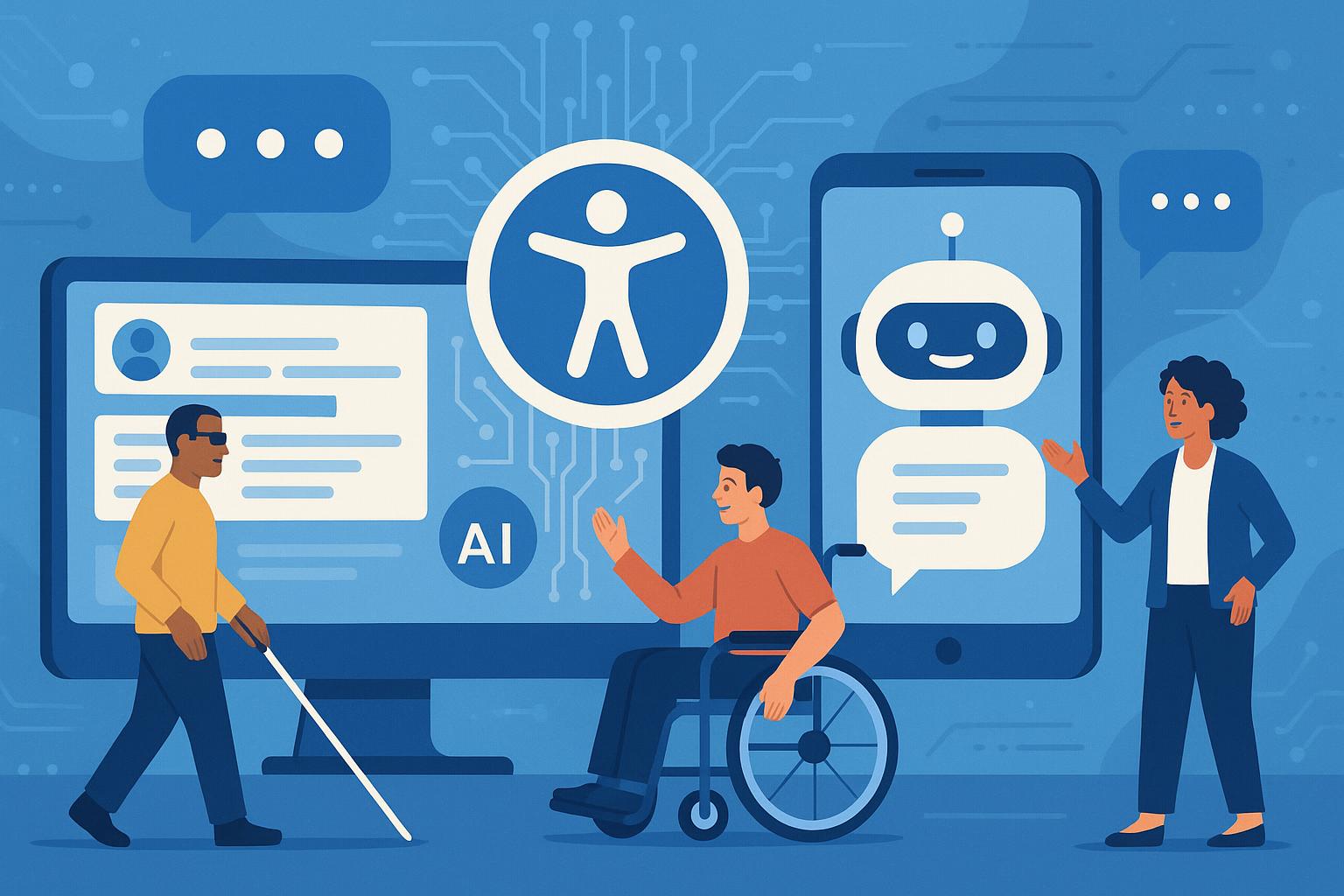The world of chatbots has come a long way in recent years, and one of the most exciting developments has been the emergence of ChatGPT. Its Artificial Intelligence has the potential to revolutionize the way we communicate online, offering a more personalized, responsive, and engaging experience for users – 24/7.
What is ChatGPT?
ChatGPT is a language model based on the GPT-3 architecture, trained by OpenAI, an artificial intelligence research organization founded in December 2015 by Tesla CEO Elon Musk, Sam Altman, and other entrepreneurs. OpenAI is focused on the goal of advancing the development of artificial intelligence in a safe and responsible way that is beneficial for all of humanity.
ChatGPT has been specifically designed to simulate human-like conversations, with the ability to understand and respond to natural language inputs in a way that is both relevant and meaningful. This technology has already been integrated into a range of applications, from chatbots that provide customer service and support, to entertainment platforms that engage users in fun and interactive conversations.
But what really sets ChatGPT apart is its ability to learn and adapt over time. By analyzing large volumes of data and identifying patterns and trends in user behavior, ChatGPT can continually improve its responses and interactions, becoming more personalized and effective over time. This means that users can expect a more engaging and rewarding experience every time they interact with a ChatGPT-powered chatbot or application.
The potential of ChatGPT goes beyond simple customer service or entertainment. In fact, it has already been applied in a wide range of fields, including healthcare, education, and even finance. In healthcare, for example, ChatGPT has been used to create chatbots that can diagnose illnesses and offer medical advice, providing patients with a more accessible and convenient way to access healthcare services.
In education, ChatGPT has been used to create personalized learning experiences for students, helping them to improve their understanding of complex topics and providing instant feedback and support. And in finance, ChatGPT has been used to create chatbots that can help users manage their finances more effectively, providing real-time advice and guidance on everything from budgeting to investments.
Of course, like any technology, ChatGPT has its limitations. While it is highly sophisticated and capable of processing vast amounts of data, it is still an AI system and is therefore subject to errors and inaccuracies. In addition, there are concerns around data privacy and security, particularly when it comes to sensitive information such as personal health data or financial information.
However, these challenges are being addressed by developers and researchers working on the technology, with new safeguards and security measures being implemented to ensure that ChatGPT is used in a safe and responsible manner.
Looking to the future, the potential of ChatGPT is truly limitless. As the technology continues to evolve and improve, we can expect to see even more sophisticated and personalized chatbots and applications, offering users a more engaging and rewarding online experience. From healthcare to finance, education to entertainment, ChatGPT is set to transform the way we interact with technology, offering a more natural and human-like approach that will revolutionize the way we live and work in the years to come.















